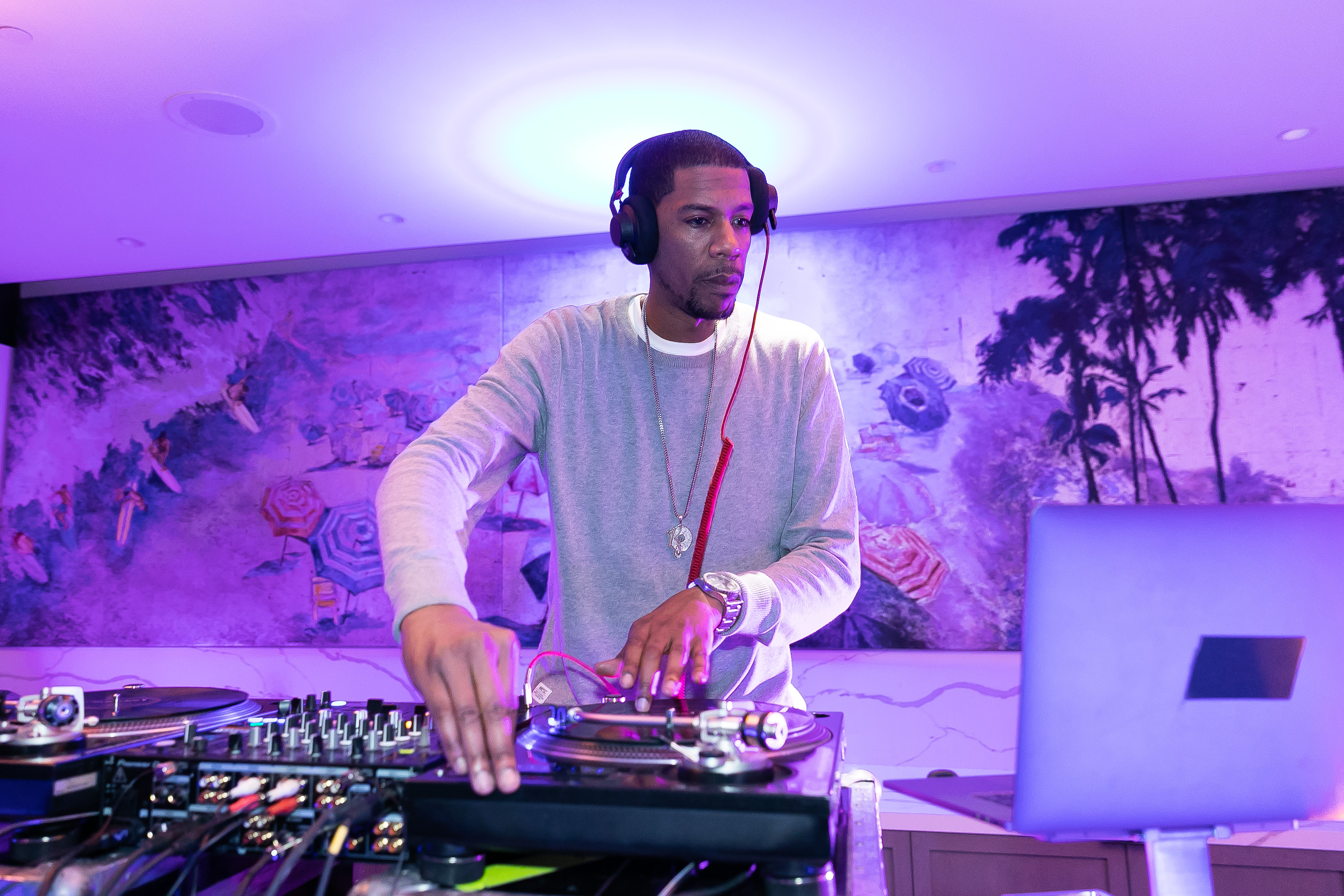Why Music Matters

By Larry Weintraub, Chief Innovation Officer & President of Music, TMA
Music has always been popular, but for the past decade and a half, the economics have been quite tumultuous. It seems like just yesterday that Napster showed up and had pundits recommending the music industry raise the white flag and close up shop. What changed to make Wall Street, Silicon Valley, and Madison Avenue excited about music again? Why should you and your brand be excited about music again?
Nielsen says 90% of people listen to music. Not surprising. Do you know anyone who doesn’t listen to music? Sure, there are a few who don’t love the same music as you, but odds are they won’t run away screaming if you crank the Sonos — unless Norwegian death metal is your thing, and then, well, you probably deserve it!
Nielsen also tells us that the average person listens to music for 32 hours a week; and for Millennials it’s 40 hours a week. That’s nearly the same amount of time many people spend sleeping – how is this possible?
Let’s dissect this.
First, ever since Google threw out its cubicles over a decade ago and made cafeteria-style seating trendy, we’ve been operating in a work environment filled with standing desks, ping pong tables, and exposed plumbing from which we dangle our family photos. Yay! Unfortunately, that also means trying to stay focused while your desk-mate is fighting with their significant other over the phone again. It’s no wonder over $2 billion worth of headphones will be sold in the U.S. in 2019.
Second, we’re commuting like crazy. Being trapped in a car, whether we’re driving it ourselves or our Lyft driver is, requires an aurally pleasing respite to stop us from doing something we’ll potentially regret for the rest of our lives.
Third, and this is the most important, music is basically free. Remember the iTunes store, that place where you paid about a buck and a quarter to download a song? That whole business was disrupted when Spotify showed us that, for the price of listening to a few commercials, nearly everything ever recorded is available gratis, on demand, right there in your pocket. For a mere $10 a month—about the price of one album in the olden days—you don’t even have to listen to the commercials. So, yeah, it’s pretty much free.
Now, for all of us music fans, suddenly we have a few extra bucks burning a hole in our pockets, right? Well, as any Millennial will tell you, it’s all about the experience. We are buying concert tickets – lots of ‘em. Heck, we’ll even trek out to a field to see a music festival, which is like 80 concerts rolled into one! According to Nielsen, 2/3 of Millennials will attend a live music event this year and PwC/Live Nation says that nearly 2/3 of those will go to both a concert and a music festival, which aren’t cheap.
While the price tags have gotten bigger, going to a concert has generally become a better experience overall. The food is tastier, the seats are comfier, and for a few bucks more there’s a VIP area with better drinks and more importantly… better potties. Yes, it’s more expensive, but aren’t you worth it?
Radio playlists are also changing. If you’ve tuned in lately, you may have noticed that half of the songs include lyrics in multiple languages. Spanish and Korean lyrics now permeate the airwaves. Music is quickly dissolving borders around the world. The Korean tourism bureau says BTS alone was responsible for nearly 800,000 visitors to South Korea in 2017.
Combine the 2020 projected revenues of the recorded and live music industries and we’re closing in on $60 billion. That’s not far off from the music industry’s heyday at the start of the century when the CD peaked and the Rolling Stones were playing stadiums. (Oh, they still are? Right on.)
Music is undoubtedly at the center of culture. It has been for as long as we can remember, but it is more prevalent today than ever. Music influences the clothes we wear, the drinks we drink, and the places we visit. It draws crowds. It attracts disposable income. It transcends language barriers.
If you are a brand trying to be culturally relevant, then yes, you want to be there too. How you show up, well, that’s a whole other topic.


